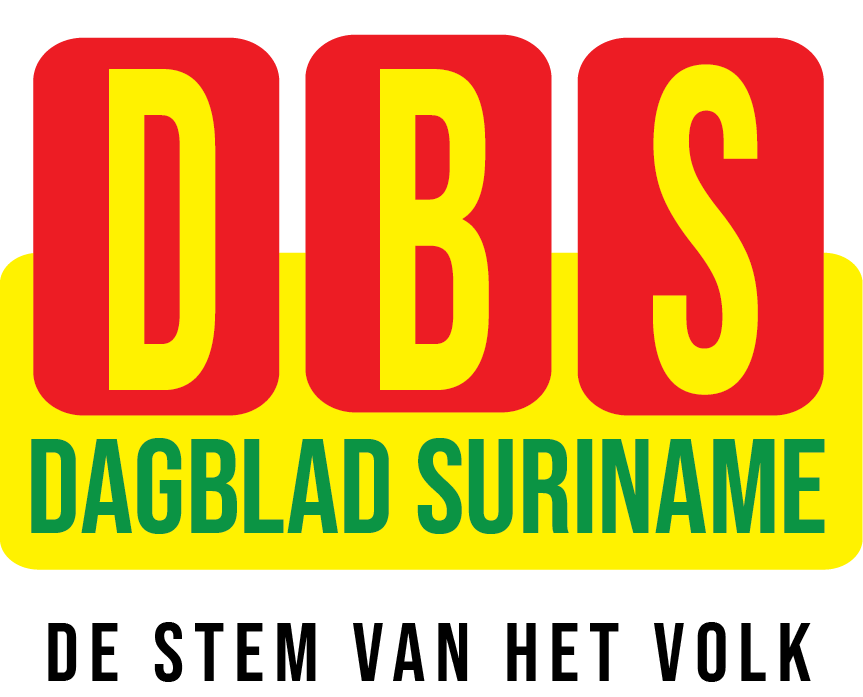A request has been made by the Minister of Health for more forces to help cope with the Covid-19 pandemic that has grown over our heads. The governments’ strategy of ‘non-intervention’ does not match the responsibility that the government has taken on. The government’s regulatory policy cannot simply be offering vaccines and relying on citizens’ own responsibility for the rest. Since the pandemic started, we have noticed that all measures go against the way Surinamese live. That is outside in groups, close together and for a long time, where people talk, laugh and also dance. Where people squat in front of various shops and drink sopi. That means that the government had to constantly use education and PR strategies to get them to forgo this lifestyle, temporarily, and then go through life with some freedom. We have also seen that Surinamese believe a lot in ghosts and conspiracy theories. That’s because we spend a lot of time on Facebook. The government appears to have given up hope and stepped down. But we don’t think there is room for the government to step down. The ‘retiring government’ while between 300 and 600 people are getting infected every day and between 5 and 10 people are dying every day is maladministration. In fact, from now on it should also be announced how many people die because there is no room in hospitals. We do not know whether we have understood the government information correctly, but it seemed for a while that not all available beds in Suriname can be used for regular admissions because there would not be enough medical and nursing staff. We found a recommendation online that would have been made by a group of Suriname ‘just over a year ago’ to the then minister of health, who has since resigned. Interesting and that is aimed at mobilizing more human resources. We are going to adopt this more or less integrally as a possible solution model for the government. It does not seem impracticable, but then one would have to roll up their sleeves administratively. First, it was recommended to select 1,500 of the civil servants from the bulging civil service and train them to become healthcare workers. Here people must want to, because sitting all day and doing nothing is what many love. The recommendation was also made to train 600 soldiers to become healthcare personnel and to be able to deploy them in an emergency. In addition, it was recommended to place an open application in order to be able to train as healthcare personnel for about 600 people. With this, the government would already have 2,700 new nurses at its disposal. But mind you, training real nurses costs time and money, the infrastructure is there for that. But also note that trained nurses are in demand everywhere in the developed world where dollars and euros are paid. So once trained and with work experience, you can easily relocate to the Caribbean or Western Europe. It is now clear that we train a lot of cadres in a developing country with money from society for the rich countries, countries that have colonized and exploited us. So the exploitation continues. The government has since announced that many nurses have recently moved abroad.
The group had also recommended that retired healthcare personnel be called up and registered so that they can be deployed in an emergency, especially with good compensation. Here we must be aware that this group is particularly vulnerable. Moreover, Suriname does not have a culture of voluntary helping and doing things.
Another recommendation was to work closely with our neighbors Guyana and French Guyana to transfer patients to hospitals in these countries in case of emergency. We do know that there are citizens of ours not only at the eastern border, but also at the legal border who receive certain forms of medical assistance in French Guiana and Guyana. Also interesting is the recommendation to request mobile hospitals from developed countries that can afford it, such as the USA, China, France, Belgium and the Netherlands. The Surinamese government can also ask for help to help set up these mobile hospitals. This recommendation is interesting because sick people in Suriname suffer at home and sometimes die afterwards. Rooms in districts that are suitable for receiving these patients can also be renovated. As a result, the spaces are ready in case things get out of hand in districts. We mainly think of the rural areas and the interior. Making agreements with friendly nations for healthcare personnel, extra temporary compensation for healthcare personnel and distribution of food in all neighborhoods without risk of contamination were other recommendations. The group that made the recommendations believes that the “health disaster” in which Suriname has now ended up is due to the very poor spending and wasteful policies of the purple government, the short-sightedness, stubbornness and stubborn behavior of the current minister and government and the stubbornness of some of the people.


